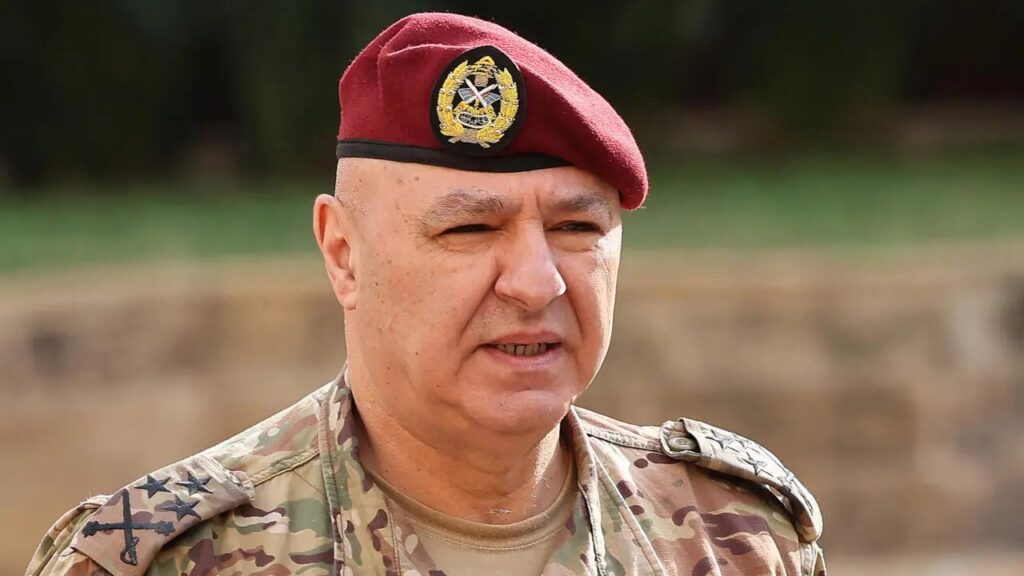
Lebanon’s Parliament has elected General Joseph Aoun as the country’s new president, concluding a two-year political stalemate that left the presidency vacant. In a decisive second round of voting, Aoun secured 99 out of 128 parliamentary votes, surpassing the required two-thirds majority.
General Aoun, who has led the Lebanese Armed Forces since 2017, is recognized for his neutrality and professional military leadership. His election is perceived as a move towards stability, especially amid Lebanon’s ongoing economic crisis and recent conflicts.
The election outcome also indicates a shift in Lebanon’s political landscape, with a noted decline in Hezbollah’s influence. The militant group initially withheld support for Aoun but eventually conceded, reflecting changing regional dynamics and international pressures.
In his inaugural address, President Aoun emphasized his commitment to combating corruption, enforcing the ceasefire with Israel, and spearheading economic and judicial reforms. He stated, “The Lebanese state will get rid of the Israeli occupation,” underscoring his dedication to national sovereignty.
The international community, including the United States, Saudi Arabia, and France, has expressed support for Aoun’s presidency, viewing it as a pivotal step towards Lebanon’s recovery and reconstruction efforts. The new administration faces the immediate challenge of appointing a prime minister and forming a cabinet capable of addressing the nation’s pressing economic and social issues.
President Aoun’s leadership is anticipated to play a crucial role in restoring confidence in Lebanon’s institutions and guiding the country towards a more stable and prosperous future.




